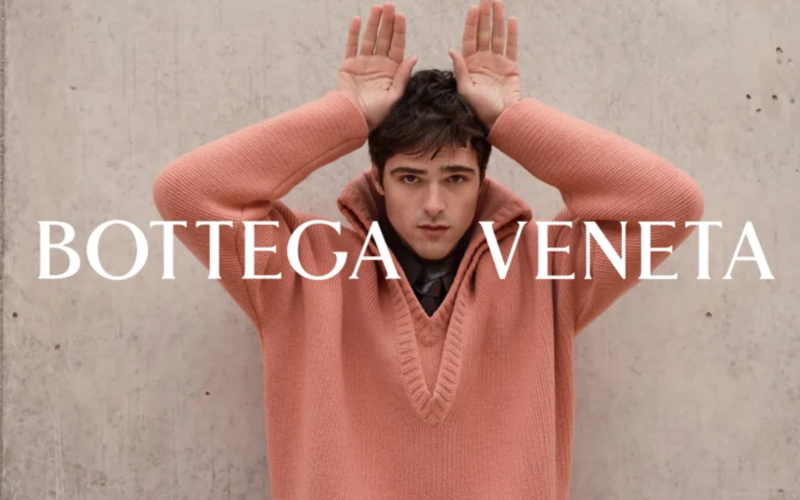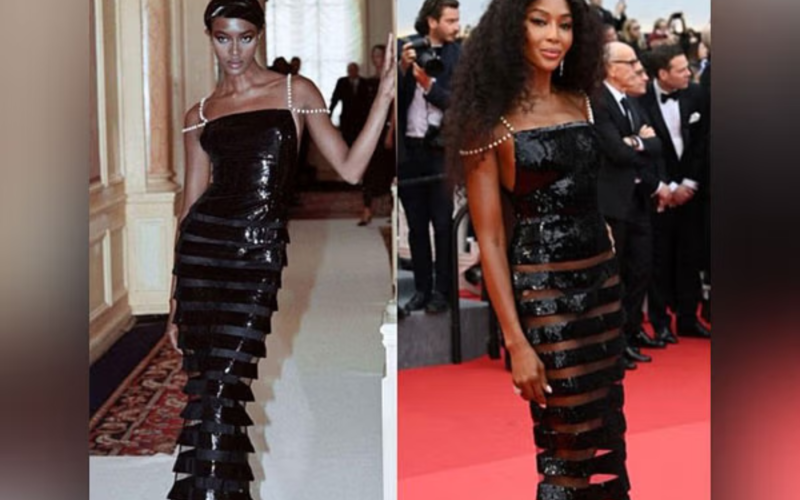Today, my flatmate collapsed just as she was about to step into her car and head to the gym. She looked fine last night. At least she didn’t complain of having aches or pains. We, as a matter of fact, cracked jokes about the fitness revival in Nigeria, in which everyone is now a gym enthusiast. The noise from our security drew all of our attention to the scene. As the closest friend to her, I was obliged to drive her to the hospital. After a medical examination, the doctor sighed and said she’s hypotensive. I almost smirked. I know of hypertension, but what is hypotension? Noticing the confusion on my face, the smartly dressed doctor took his time to educate me on hypotension.
What is Hypotension?
“Simply put,” the doctor began, “hypotension is the medical term for low blood pressure. It means that the force of the blood against your artery walls is lower than normal. Blood pressure readings lower than 90/60 mmHg are generally considered hypotensive.”
Who is at Risk of Hypotension?
The doctor leaned back in his chair, his fingers tapping rhythmically on the desk. “Certain groups of people are more prone to hypotension. This includes the elderly, who may experience drops in blood pressure upon standing. Young, healthy people, like your flatmate, can also be affected due to dehydration, certain medications, or other underlying conditions. Pregnant women are also at risk as blood pressure tends to drop during pregnancy.”
Causes of Low Blood Pressure
“Many factors can lead to hypotension,” the doctor continued. “Dehydration is a common cause; when your body loses more water than it takes in, it can lead to weakness, dizziness, and fatigue. Heart issues, such as an extremely low heart rate, heart valve problems, or a heart attack, can also result in low blood pressure. Endocrine problems like adrenal insufficiency or thyroid conditions are also culprits. Furthermore, severe blood loss from trauma or internal bleeding can cause a significant drop in blood pressure. Certain medications, including those for high blood pressure, depression, or Parkinson’s disease, might also induce hypotension.”
Symptoms of Hypotension
I nodded, taking in the information. “So what are the signs that someone is hypotensive?” I asked.
“Symptoms vary,” the doctor said. “Some people might feel dizzy or lightheaded. Fainting, as your friend experienced, is another common symptom. Blurred vision, nausea, fatigue, and lack of concentration can also indicate hypotension. In severe cases, it can cause shock, which is a medical emergency.”

Management of Hypotension
“How can it be managed?” I inquired, eager to know how to help my flatmate.
“Management depends on the underlying cause,” the doctor explained. “For mild cases, increasing salt intake and drinking more water can help. Wearing compression stockings can reduce the pooling of blood in the legs. For those whose medications cause hypotension, adjusting the dosage or switching medications might be necessary. In cases where an underlying condition like a heart problem or endocrine issue is the cause, treating that condition is crucial.”
He paused, looking me straight in the eyes. “The most important thing is to monitor her symptoms and seek medical advice if they persist. Today, we’ll run some tests to determine the exact cause of her hypotension and then decide on the best course of action.”
Solutions to Normalize Blood Pressure:
- Stay Hydrated:
- Drink plenty of fluids, especially water, to maintain proper hydration levels.
- Dietary Adjustments:
- Increase salt intake slightly if recommended by your healthcare provider.
- Eat small, frequent meals to prevent blood pressure from dropping after meals.
- Ensure a balanced diet rich in vitamins and minerals.
- Medications and Supplements:
- If a medication is causing low blood pressure, consult your doctor about adjusting the dosage or switching medications.
- Take prescribed supplements for any nutritional deficiencies.
- Lifestyle Changes:
- Avoid standing up too quickly to prevent dizziness and falls.
- Wear compression stockings to improve blood flow and reduce pooling of blood in the legs.
- Regular Monitoring:
- Keep track of your blood pressure regularly and consult your healthcare provider for consistent low readings.
- Exercise:
- Engage in regular physical activity to improve cardiovascular health and maintain blood pressure.
- Avoid prolonged periods of inactivity.
- Consult a Healthcare Professional:
- If you have underlying health conditions, work with your doctor to manage them effectively.
- Seek immediate medical attention if you experience symptoms like severe dizziness, fainting, or confusion.
Example of a Balanced Diet for Improving Blood Pressure:
- Breakfast:
- Whole grain cereal with milk, a banana, and a glass of water.
- Snack:
- A handful of almonds and an apple.
- Lunch:
- Grilled chicken salad with a variety of vegetables, a whole-grain roll, and water.
- Snack:
- Greek yoghurt with honey and a few berries.
- Dinner:
- Baked salmon, quinoa, steamed broccoli, and a glass of water.
- Hydration:
- Drink water throughout the day and avoid excessive alcohol or caffeine.
As I sat by her hospital bed later, watching her breathe steadily, I felt a mixture of relief and newfound knowledge. Hypotension, a term I barely knew, had suddenly become a crucial part of our lives. The doctor’s words echoed in my mind, a reminder of how delicate and intricate the human body is, and how quickly something as simple as low blood pressure can turn an ordinary day into a whirlwind of concern and discovery. Stay up to date on the newest in the world of Fashion, Arts, Beauty and Lifestyle; Follow FAB on Instagram.
More Like This:
Is it just a fad or the future? Why make the switch to a Plant-Based Diet?











